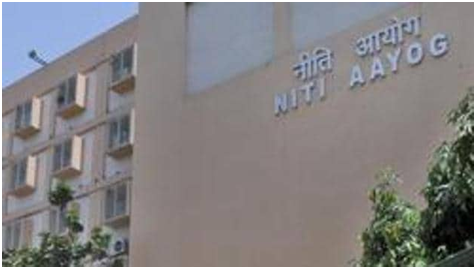
“To boost ecommerce exports, it is essential to create distinction between
exporter on record (EOR) and seller on record (SOR) and allow reduction in
invoice value without any percentage ceiling for all ecommerce exports,” the
Aayog said in a report on boosting exports from MSMEs, prepared in
collaboration with the Foundation for Economic Development.
Besides, it has proposed introducing an
annual financial reconciliation process for ecommerce exporters, exemption
of import duties on rejects or returns, granting exemption on reconciliation
requirements for shipments up to $1,000 and creating a green channel clearance
for ecommerce exports. On easing of merchandise exports, the Aayog has proposed
relaxations for MSMEs from certain compliance requirements for a period while
putting in place a process for time-bound disbursement of incentives, so that
working capital is not blocked for MSMEs. “MSMEs contribute significantly to
employment generation, exports, and overall economic growth. However, exports
represent an enormous and under-utilised opportunity for the MSME sector,” the
Aayog said in the report. “The potential
of MSMEs to grow exports is enormous and can be realised through some pragmatic
measures, which reduce the cost and friction of doing business for these
firms without placing any additional fiscal burden in the form of incentives or
subsidies,” it said.
According to the report, sectors where
Indian MSMEs can participate and compete in export markets, include
handicrafts, handloom textiles, ayurveda and herbal supplements, leather goods,
imitation jewellery and wooden products.